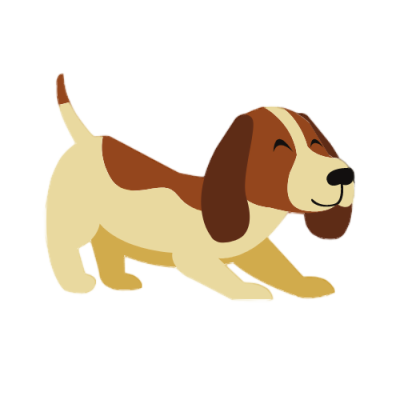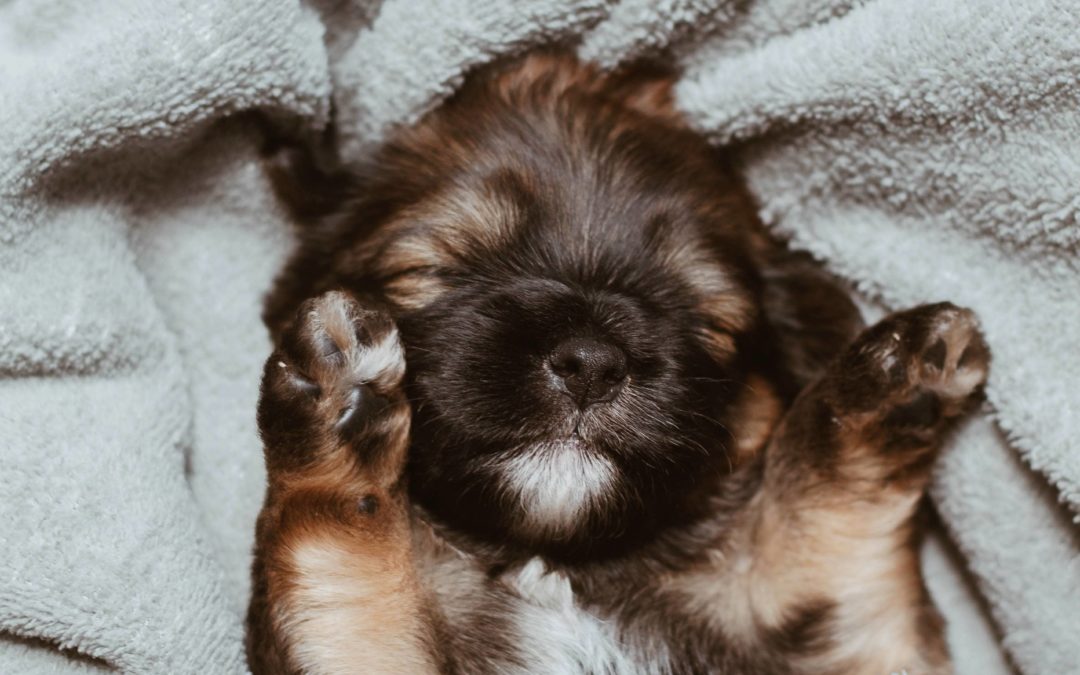As a new puppy owner, one of the first things you may notice is the color of your pup’s poop. It’s completely normal for a newborn puppy’s poop to be yellow in color, but it’s important to pay attention to any changes in the consistency, frequency, and color of your puppy’s bowel movements. In this blog post, we’ll explore the reasons why newborn puppy poop is yellow and when you should be concerned.
How does a puppy’s digestive system work?
First, you need to understand the digestive system of a newborn puppy. During the first few weeks of life, puppies are unable to digest solid food and rely on their mother’s milk for nutrition. The milk produced by a nursing mother is called colostrum, and it contains antibodies and other immune-supporting compounds that help protect the puppy from infections and other health issues.
What makes newborn puppy poop yellow?
As the puppy consumes colostrum, it passes through the intestines and is eliminated as yellow, soft stool. The yellow color of the stool is due to the high-fat content of the milk, as well as the presence of bile, which is produced by the liver and stored in the gallbladder. Bile is a yellowish-green fluid that helps to digest fats and absorb fat-soluble vitamins, such as vitamins A, D, E, and K.
What consistency and color should puppy poop be?
It’s entirely normal for a newborn puppy to have several bowel movements each day, and the consistency of the stool should be soft and easy to pass. If the stool is hard, dry, or contains visible undigested pieces of food, this could indicate a problem with the puppy’s digestive system or a deficiency in the milk produced by the mother.
As the puppy gets older and begins to eat solid food, the color and consistency of their stool will change. The stool may become firmer and may contain undigested pieces of food. The color may also change to a darker brown or greenish color due to the presence of plant matter in the diet.
What are some warning signs of puppy poop?
It’s essential to monitor your puppy’s bowel movements and report any changes to your veterinarian. Diarrhea, constipation, or changes in the frequency or consistency of the stool can be symptoms of underlying health problems. For example, diarrhea can be caused by infections, parasites, or dietary issues, while constipation may be due to dehydration, a lack of fiber in the diet, or an underlying health condition.
Puppies, like adult dogs, can have various colored poop, but there are some colors that may indicate a health concern. Dark or black poop in puppies can be a sign of bleeding in the upper gastrointestinal tract. Bright red poop can indicate bleeding in the lower gastrointestinal tract. Pale or clay-colored poop can indicate a lack of bile, which can be caused by liver disease or blockage in the bile ducts. Green poop in puppies can also be a cause for concern and may indicate a dietary issue or an infection. If your puppy’s poop color changes suddenly or if the color persists for more than a day or two, it’s important to take them to a vet for a check-up.
In addition to monitoring the color and consistency of your puppy’s stool, it’s also important to pay attention to their overall health and behavior. Some other signs to watch for include the following:
- Loss of appetite
- Vomiting
- Lethargy or a lack of energy
- Abnormal growth or development
- Changes in thirst or urination patterns
If you notice any of these signs or if you have concerns about your puppy’s health, it’s important to consult with your veterinarian. They will be able to perform a physical examination and may recommend diagnostic tests to identify any underlying issues. By monitoring your puppy’s health and seeking professional guidance when necessary, you can help ensure that your furry friend stays happy and healthy.
Cleaning up your puppy’s poop
If you’re loving your new puppy, but not the poop, Scoop-a-Doo can help. Whether you have a commercial or residential property, we’ve got dog poop removal plans for every budget, size of yard, and number of fur babies that you can imagine. Contact our team today for a custom quote for your dog waste needs!


Recent Comments